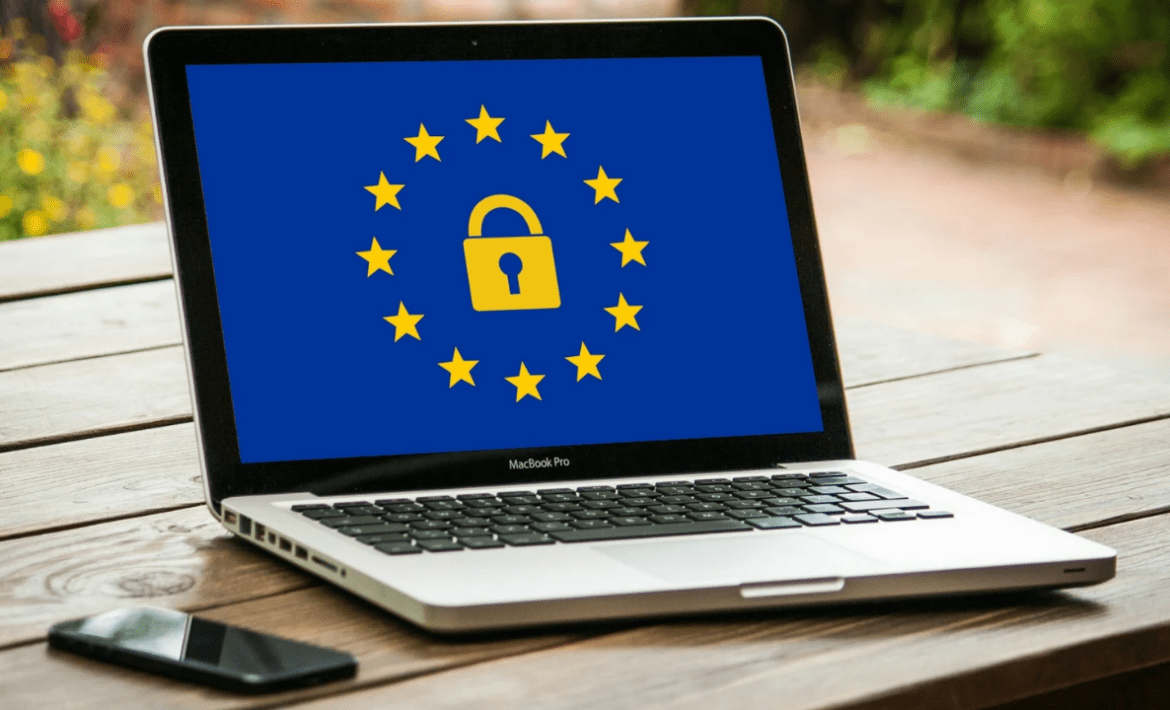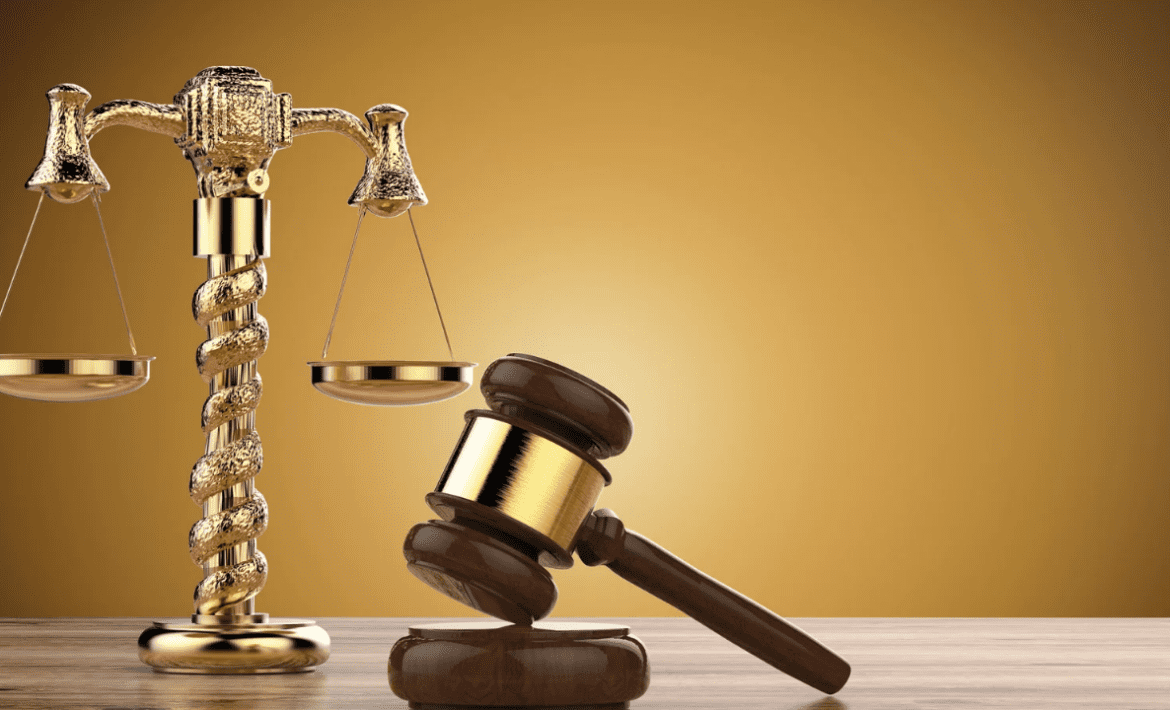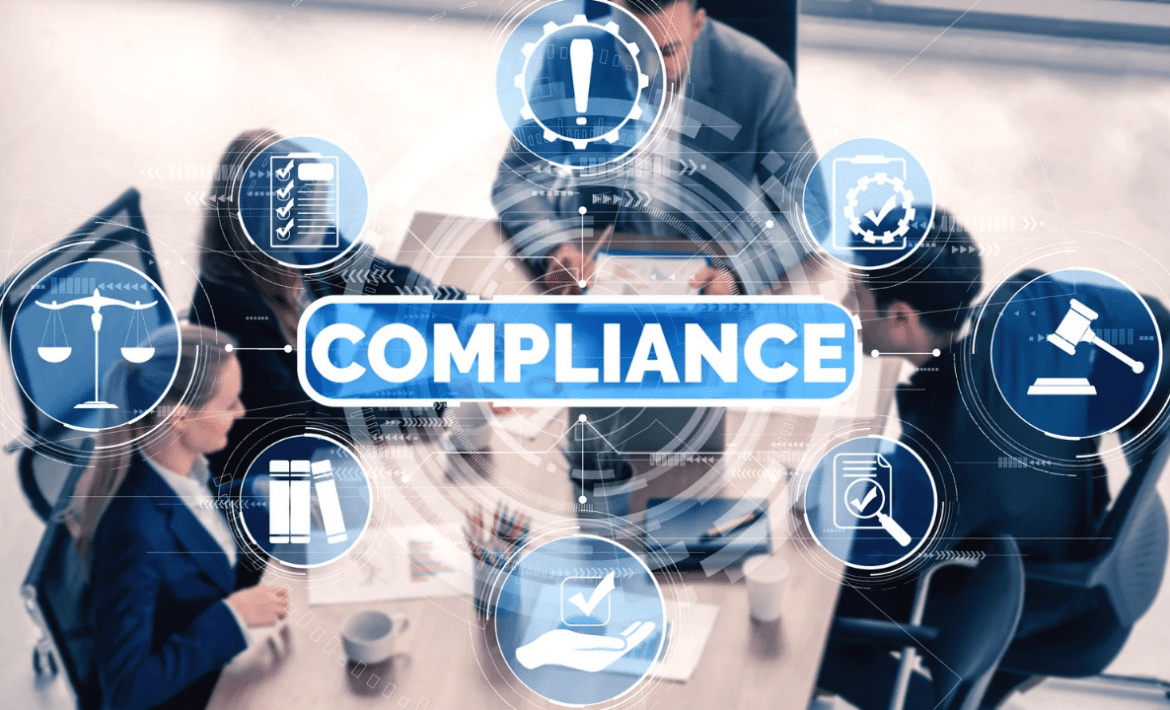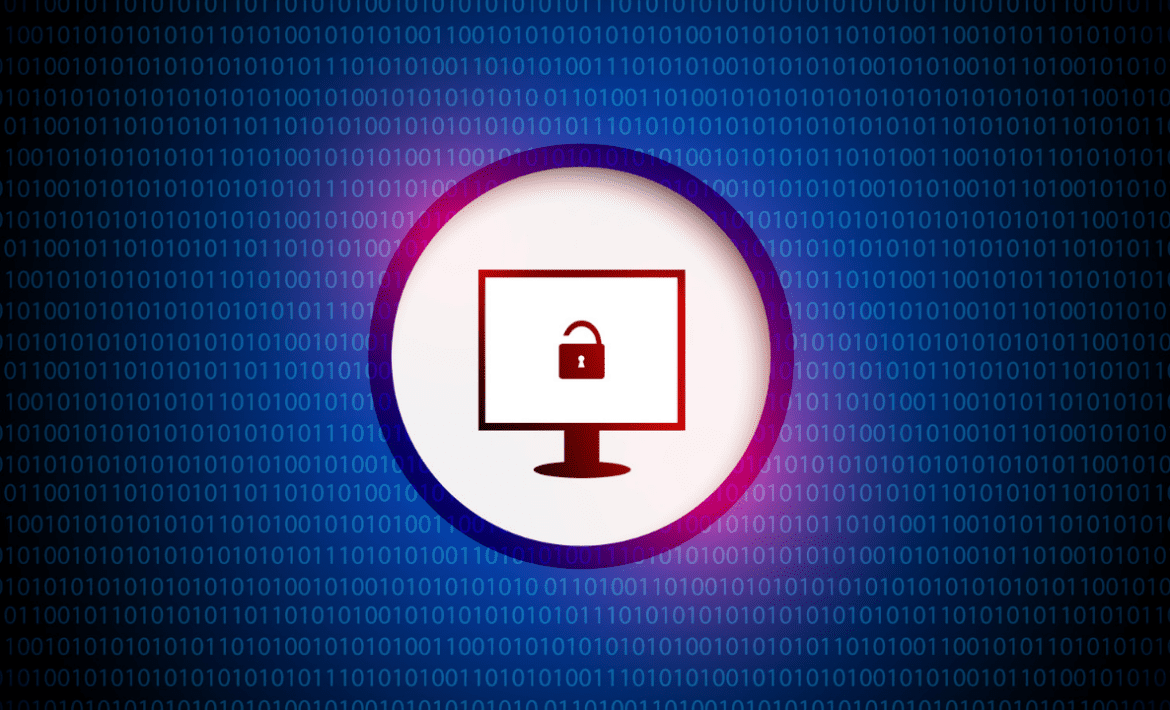GDPR’s role in responsible AI development: CEPD publishes opinion on AI models
The CEPD’s recent opinion on AI models highlights the GDPR’s role in responsible AI development. The European Data Protection Board (CEPD) issued an opinion on December 18, 2024, emphasizing the importance of GDPR principles in the ethical development and deployment of AI models. This comprehensive opinion, requested by the Irish Data Protection Authority (DPA), focuses















